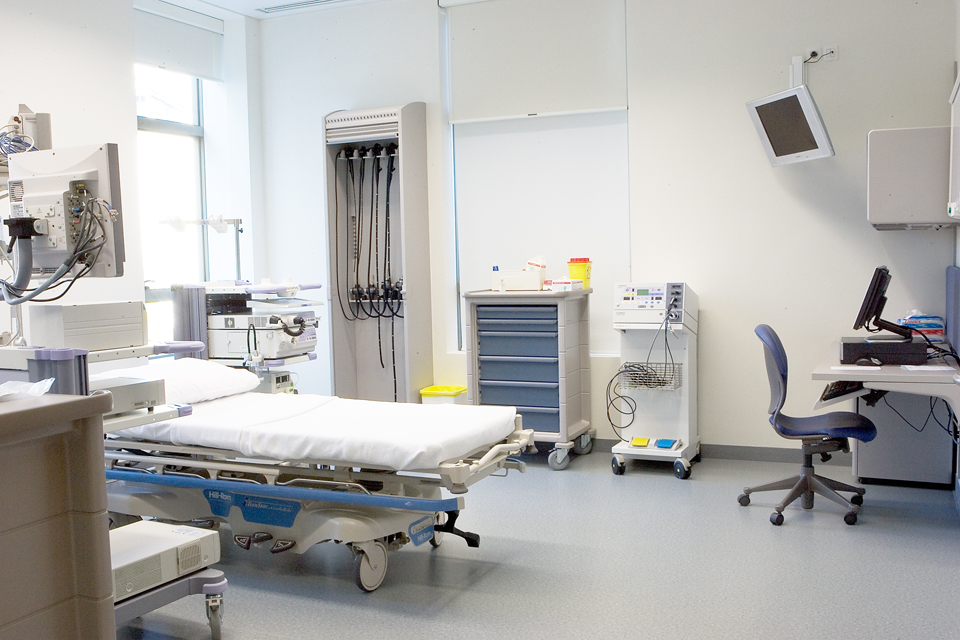It is highly recommended that people for this position have academic preparation in areas related to medical science, biomedical technology, nursing, administration, personnel management, etc.
Also, excellent capacity for analysis and decision-making is required to be able to face and resolve the different problems that will surely arise on a day-to-day basis.
Somehow it must be a person who has the ability to handle different problems and issues at the same time (multitask)
It can also be very helpful to have previous experience with the management of all types of hospital equipment such as purchases, maintenance, etc.
Important considerations when planning a hospital-
- Know the type of services that will be carried out in the hospital or health center: to perform the basic design and the necessary equipment; it will be necessary to know the detail that functions will perform the place.
- Offer optimal conditions for the performance of work with efficiency and, above all, with safety. A hospital is not an ordinary place, it does administrative work, prevention, laboratory work in addition to medical work. When planning a hospital, all work should be taken into account.
- Offer an internal and external functional environment that respects the hygienic and health needs that are required.
Because of this fact, hospital planning and hospital equipment planners play a crucial role. Since it has a great importance in not only taking care of the patients but also as a major part of both public health and social welfare programs, and in another way it has a great influence in the process of development of an economy.

Your vision in the short, medium and long term is of vital importance.
On the other hand, skills in interpersonal treatment are required since their work requires being in contact and coordinating the work of personnel from very different areas and hierarchies, inside and outside the institution.
In addition to academic training and personal skills must be a person with experience and knowledge of all types of equipment, supplies, etc., not only in terms of needs and operation but also must be kept informed in terms of durability, performance, requirements, etc. So that at a certain moment it makes the right decision for example before the dilemma of repairing, replacing or acquiring new options.
The best time to hire a hospital equipment planner is when the decision is made to build the hospital or start the remodeling or expansion works. It is the surest way for decisions to be made correctly, and that in case of extensions or remodeling of functioning hospital things are done in an organized and coordinated way so that it does not interfere with daily activities.
In short, it can be said that it is the health care equipment planner who at any time has a better perspective of the general panorama as well as of every detail in particular, with absolutely all its consequences, repercussions or implications.



